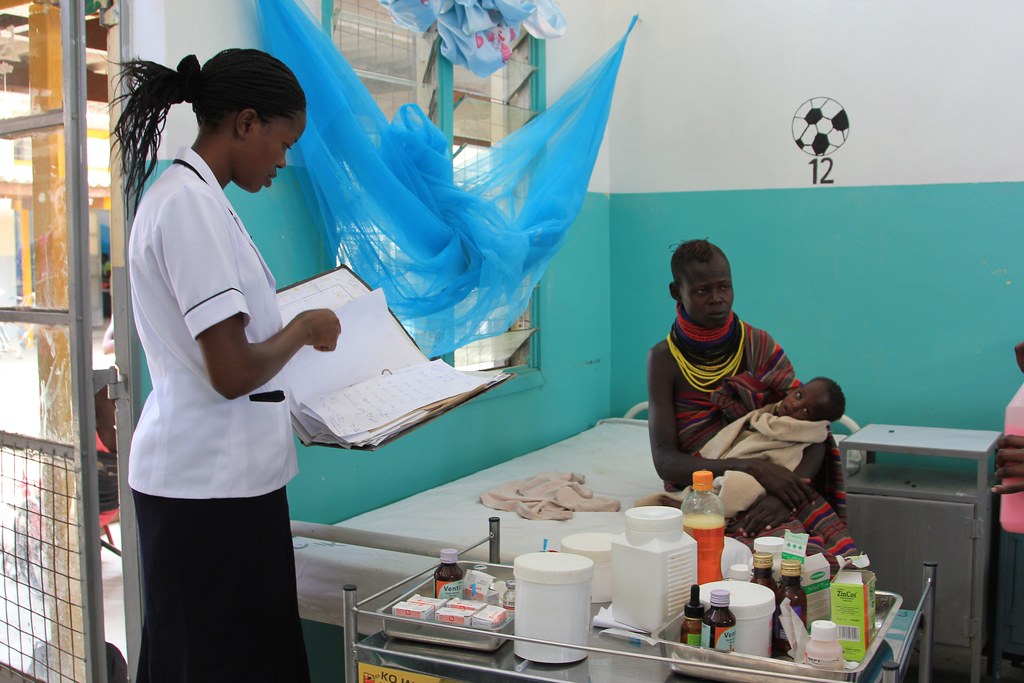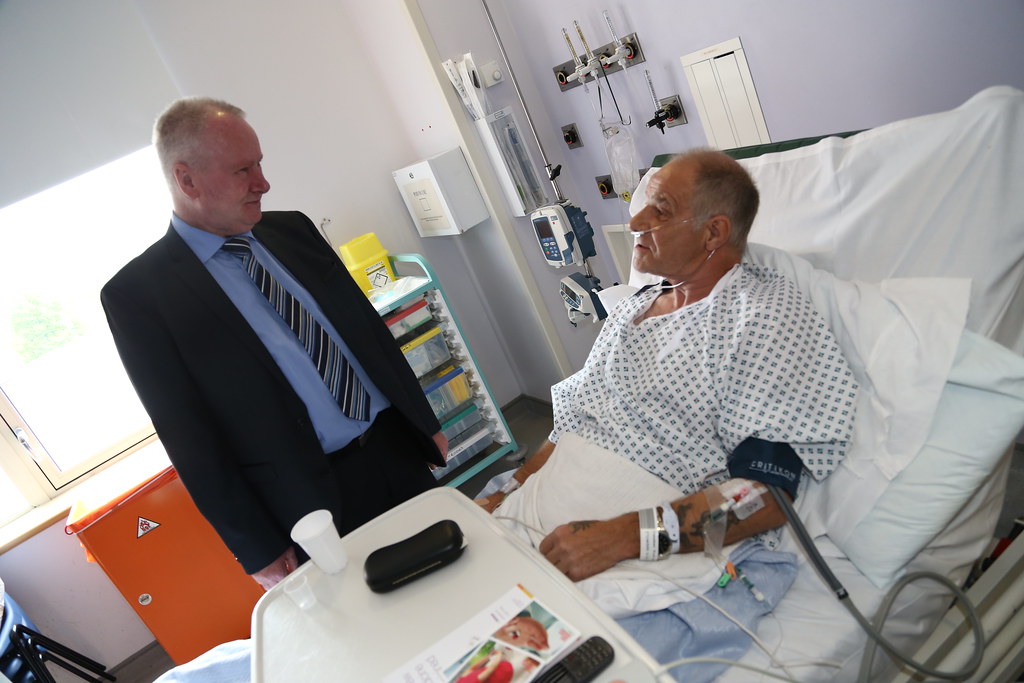Colonic treatment, also known as colon hydrotherapy or colonic irrigation, is a medical procedure that involves flushing out the colon with water. It is often used to treat digestive issues such as constipation, bloating, and gas. However, preparing for colonic treatment is essential to ensure the procedure is safe and effective. In this article, we will discuss in detail the tips and guidelines to prepare for colonic treatment.
-
Consultation with a Healthcare Professional
Before undergoing colonic treatment, it is essential to seek advice from a qualified healthcare professional. This could be a gastroenterologist, colon hydrotherapist, or general practitioner. They can help determine if colonic treatment is suitable for you and provide information about the procedure.

During the consultation, be sure to discuss any medical conditions or medications you are taking. Certain conditions such as inflammatory bowel disease (IBD), diverticulitis, or recent colon surgery may make colonic treatment unsuitable. Additionally, some medications such as blood thinners or those for diabetes may require adjustments before the procedure.
-
Pre-treatment Diet
Diet plays a crucial role in preparing for colonic treatment. A few days before the procedure, increase your fiber intake to help soften stool and promote bowel movements. This can be achieved by consuming plenty of fruits, vegetables, whole grains, and legumes. Avoid processed foods, sugary drinks, and alcohol as they can cause constipation and dehydration.
It is also recommended to avoid consuming solid food for at least 12 hours before the procedure. Opt for clear liquids such as water, herbal tea, or broth instead. This helps to empty the colon and makes the procedure more comfortable.
-
Bowel Preparation
Bowel preparation is crucial to ensure the effectiveness of colonic treatment. This involves flushing out the colon to remove any fecal matter or debris. Your healthcare professional may provide you with instructions on how to prepare for the procedure.
Common methods of bowel preparation include using laxatives, enemas, or dietary supplements. Follow the instructions carefully and ensure you have enough time to complete the process before the procedure.
-
Personal Hygiene
Personal hygiene is essential before undergoing colonic treatment. This involves cleaning the anal area thoroughly to prevent any infections or complications. Take a shower or bath before the procedure and use a mild soap to clean the area.
You may also want to bring a change of clothes to the appointment, as some water may leak out of the anus during the procedure. Your therapist should provide you with a towel and a gown to cover yourself during the procedure.
-
Mental Preparation
Mental preparation is just as important as physical preparation when it comes to colonic treatment. Many people feel anxious or embarrassed about the procedure, but it is important to remember that it is a routine medical procedure.
To help calm your nerves, consider practicing relaxation techniques such as deep breathing or meditation. You may also want to bring some music or a book to distract yourself during the procedure.
Remember that the benefits of the treatment can include improved digestion, relief from constipation and bloating, and increased energy levels.
-
During the Treatment
During the colonic treatment, you will lie on a table while the therapist inserts a small tube into your rectum. Warm water is then pumped into the colon, and the therapist will massage your abdomen to help loosen stool and encourage bowel movements. The water and waste are then drained out of the colon and into a closed system.
It is important to communicate with the therapist throughout the procedure. Let them know if you are experiencing any discomfort or if you need to take a break. The therapist can adjust the water pressure or massage techniques to make the treatment more comfortable.
-
After the Treatment
After the colonic treatment, you may experience some discomfort or cramping. This is normal and should subside within a few hours. It is also common to have several bowel movements in the hours following the treatment.
It is important to stay hydrated and drink plenty of water to help flush out any remaining waste. Avoid solid food for a few hours after the treatment and opt for easy-to-digest foods such as soups or smoothies.
-
Risks and Complications
While colonic treatment is generally considered safe, there are some risks and complications to be aware of. These can include dehydration, electrolyte imbalance, bowel perforation, and infection.
To reduce the risk of complications, it is essential to choose a qualified healthcare professional who follows proper safety protocols. It is also important to disclose any medical conditions or medications to your therapist before the treatment.
-
Conclusion
Preparing for colonic treatment is essential to ensure the procedure is safe and effective. Consultation with a healthcare professional, pre-treatment diet, bowel preparation, personal hygiene, mental preparation, and communication with the therapist during the treatment are all important factors to consider.
While colonic treatment may seem intimidating, it is a routine medical procedure that can provide numerous benefits for those experiencing digestive issues. As always, it is important to discuss any concerns or questions with a qualified healthcare professional before undergoing any medical procedure.
It is important to note that colonic treatment is not a substitute for a healthy diet and lifestyle. Regular exercise, hydration, and a balanced diet are essential for maintaining good digestive health. It is also important to address any underlying medical conditions that may be contributing to digestive issues.
Generally, colonic treatment can be a helpful tool for managing digestive issues. However, preparation is essential to ensure the safety and effectiveness of the procedure. By following these tips and guidelines, you can ensure a successful and comfortable colonic treatment experience.












